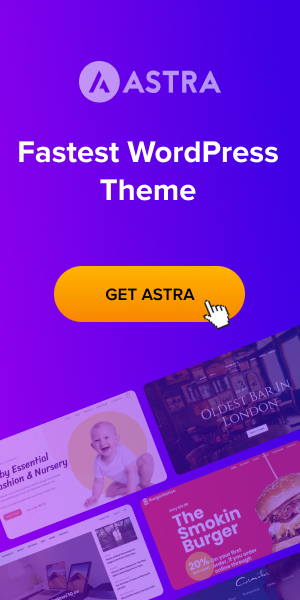Free Privacy Policy Generator
Free Privacy Policy Generator [ No registration required ] - 2023
- Understanding Privacy Policy Generator
- Introducing Privacy Policy Generator Tools
- How Privacy Policy Generator Works
- The Benefits of Using Privacy Policy Generator
- FAQs about Privacy Policy Generator
- Conclusion
Understanding Privacy Policy Generator
A Privacy Policy Generator is a tool that helps individuals, businesses, and website owners create customized privacy policy documents for their websites. A privacy policy is a legal requirement that outlines how personal data is collected, used, and protected on a website.
Introducing Privacy Policy Generator Tools
Privacy Policy Generator tools are online applications or software that generate privacy policy templates based on user-provided information. These tools simplify the process of creating a comprehensive privacy policy by generating a document that covers essential privacy-related topics.
How Privacy Policy Generator Works
The typical process of using a Privacy Policy Generator tool involves the following steps:
- User input: Users provide information about their website, such as the website name, contact details, data collection practices, third-party services, and cookies.
- Template generation: The tool generates a privacy policy template based on the provided information. The template includes the necessary clauses and sections to comply with privacy laws and regulations.
- Customization: Users have the option to customize the generated template by adding specific details or modifying the language to align with their website's practices and requirements.
- Download or integration: Once the customization is complete, users can download the privacy policy document in a preferred format (such as HTML, PDF, or TXT) or integrate it directly into their website.
The Benefits of Using Privacy Policy Generator
Using a Privacy Policy Generator offers several benefits:
- Time-saving: Privacy Policy Generator tools eliminate the need for manual creation of a privacy policy from scratch, saving time and effort.
- Compliance: The generated privacy policy templates are designed to cover important privacy-related topics and comply with applicable privacy laws and regulations.
- Customization: Privacy Policy Generator tools provide flexibility to customize the generated template to match the specific data collection and usage practices of a website.
- Accuracy: These tools keep up with evolving privacy laws, ensuring that the generated privacy policy is up to date and aligned with the latest legal requirements.
FAQs about Privacy Policy Generator
Q: Are privacy policy generators suitable for all types of websites?
A: Privacy Policy Generator tools are designed to cater to a wide range of websites, including personal blogs, e-commerce platforms, corporate websites, and more. However, it's important to review and customize the generated template to ensure it accurately reflects your website's specific data practices.
Q: Do privacy policy generators guarantee legal compliance?
A: Privacy Policy Generator tools provide a starting point for creating a privacy policy, but it's essential to review and adapt the generated template to comply with applicable laws and regulations specific to your jurisdiction and industry. Consulting with a legal professional is recommended for precise compliance.
Conclusion
In 2023, a Privacy Policy Generator tool remains an invaluable resource for website owners to create privacy policy documents that align with legal requirements. By utilizing these tools, you can save time, ensure compliance, and provide transparency to your users regarding the collection and usage of their personal data.

